Marine ecosystems are much more than just an underwater landscape to admire and explore for the enjoyment of divers. That’s the first message we share with our students. Marine ecosystems form the foundation of life on Earth, providing oxygen, regulating the climate, and housing immeasurable biodiversity—from stunning reefs to the mysterious depths of the ocean. As an essential part of our world, they must be respected and protected. In this article, we delve into what marine ecosystems are and their most notable features. Every corner of the ocean tells a fascinating story.
Contents
What are marine ecosystems?
A marine ecosystem is a natural system composed of living organisms and the physical environment itself, located in the ocean or coastal areas. What truly makes marine ecosystems special is their ability to support an immense diversity of species thanks to their abundance of resources. They are like cities, where marine species are the inhabitants, and rock formations, coral reefs, sandy zones, etc., serve as their buildings and spaces. In essence, every corner of the ocean tells a fascinating story, shaped by its unique inhabitants.
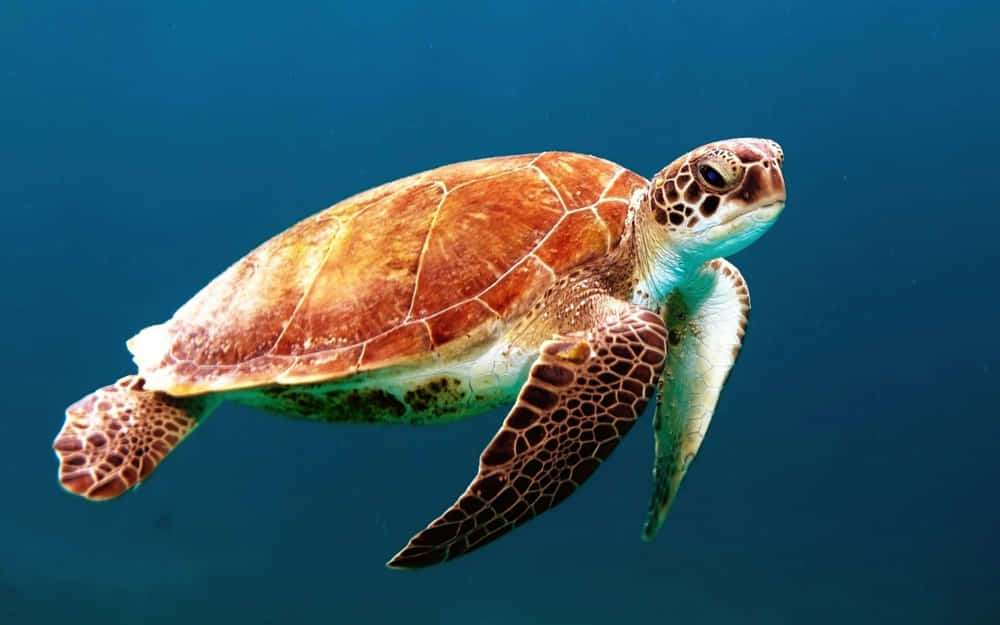
Types of marine ecosystems
The ocean is a universe in itself—and that’s no exaggeration. Or rather, it contains many universes. From coastal ecosystems to the most enigmatic depths, each type of marine ecosystem has unique characteristics. Dive into this journey through the different types of marine ecosystems and discover what makes them so fascinating!
Coastal ecosystems
Here, the interaction between water and land creates unique spaces like mangroves, marshes, and beaches. These areas are crucial for both biodiversity and human communities, acting as natural barriers against storms and essential habitats for developing species.
Open water ecosystems
This is the “big blue” that comes to mind when we think of the ocean. From tiny fish to enormous whales, this ecosystem forms the backbone of the marine food chain. Though it seems vast and limitless, it is vulnerable to pollution and overfishing.
Deep-sea ecosystems
The dark, cold depths of the ocean are teeming with surprising life. Organisms such as bioluminescent fish and bizarre creatures have evolved to survive in extreme conditions, creating a world worthy of exploration.
Coral reef ecosystems
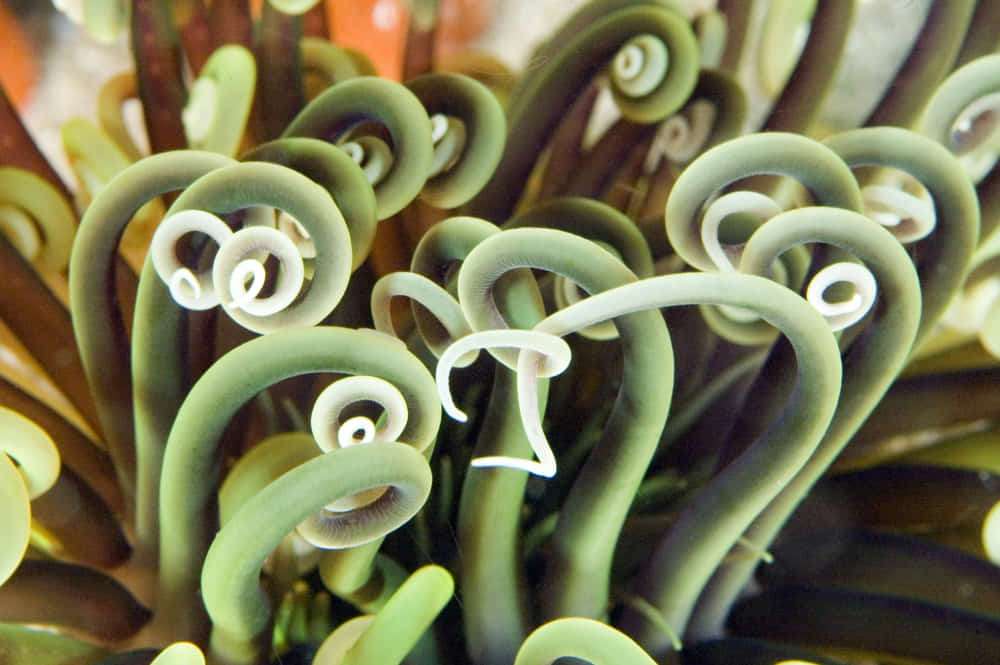
Coral reefs are the “rainforests” of the ocean, hosting 25% of all marine species. Their vibrant colors and diversity are not only visually stunning but also vital for ocean health.
Flora in marine ecosystems
Marine flora is the green lung of our planet, even if it often goes unrecognized as such. From microscopic phytoplankton, which produces up to 70% of the oxygen we breathe, to massive seaweeds, every plant in the ocean plays a crucial role.
In coastal areas, mangroves and marshes act as natural barriers against erosion and storms, while also filtering pollutants from the water. These ecosystems, though seemingly static, are vital for marine life and the well-being of human communities that depend on them. Protecting marine flora means safeguarding the planet’s future.
Fauna in marine ecosystems
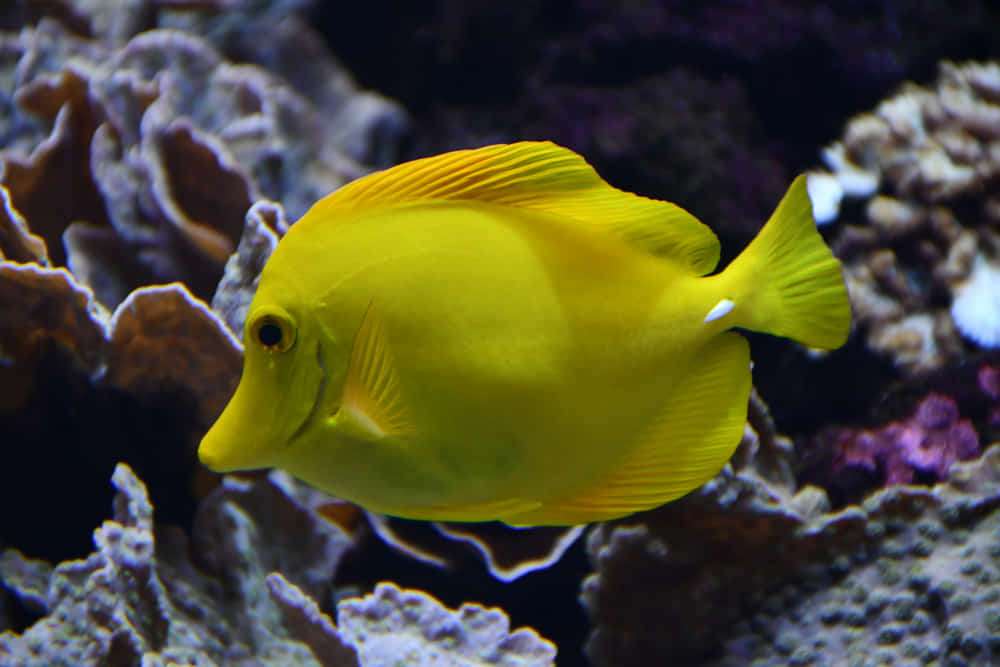
The diversity of marine animal life is astounding—from tiny, seemingly simple jellyfish to majestic blue whales, the giants of the ocean. Each species, regardless of size, plays a role in the delicate balance of marine life.
The human impact on marine ecosystems
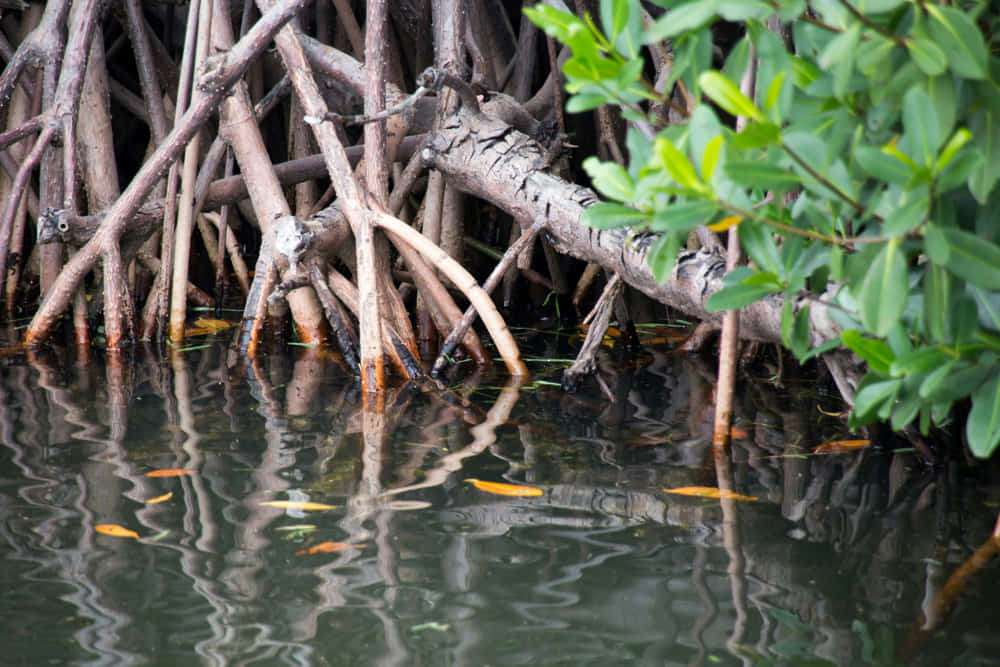
Pollution, overfishing, and climate change are leaving deep scars on marine ecosystems. The accumulation of plastics in the oceans affects everything from plankton to top predators. Additionally, ocean acidification is damaging coral reefs, putting millions of species at risk.
How can we protect marine ecosystems?
- Reduce Plastic Use: Opt for reusable alternatives to minimize waste that ends up in the ocean.
- Promote Sustainable Fishing: Support markets that certify responsible practices.
- Environmental Education: Learning more about the oceans helps us value and protect them.
- Participate in Beach Cleanups: Every small effort adds up to reduce pollution.
Marine ecosystems are an invaluable treasure. Protecting them is not just an environmental issue but a shared responsibility that ensures life on Earth as we know it. With small changes in our daily actions, we can make a big difference in their conservation. And yes, that includes us divers!

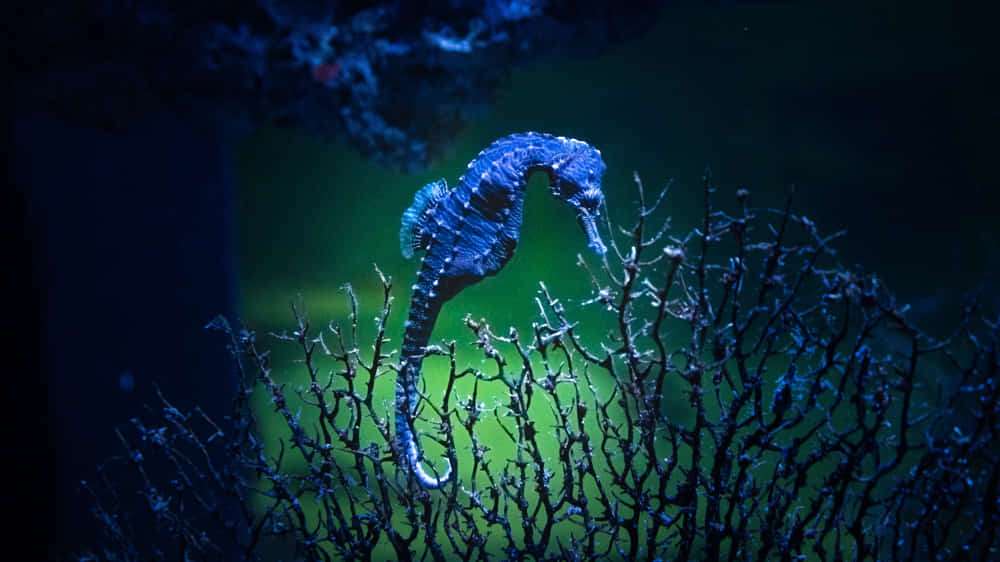
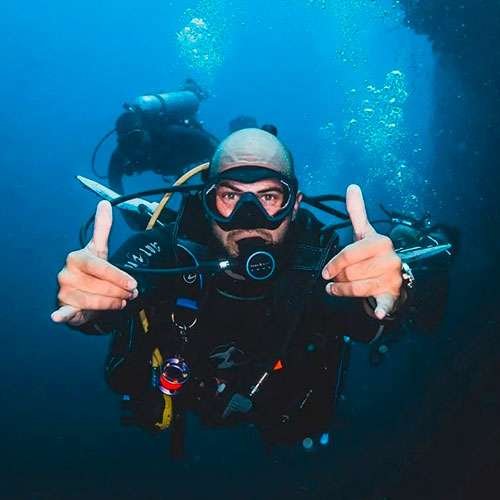
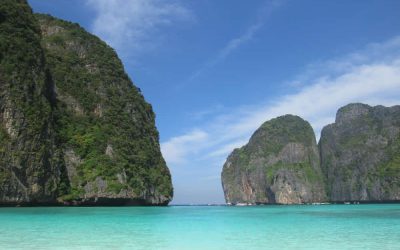
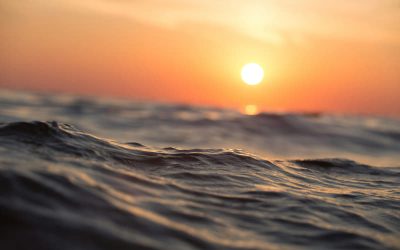
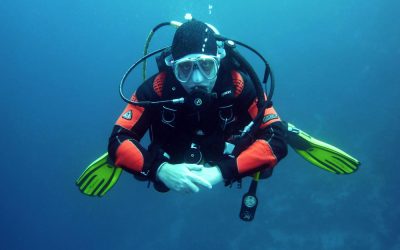


0 Comments